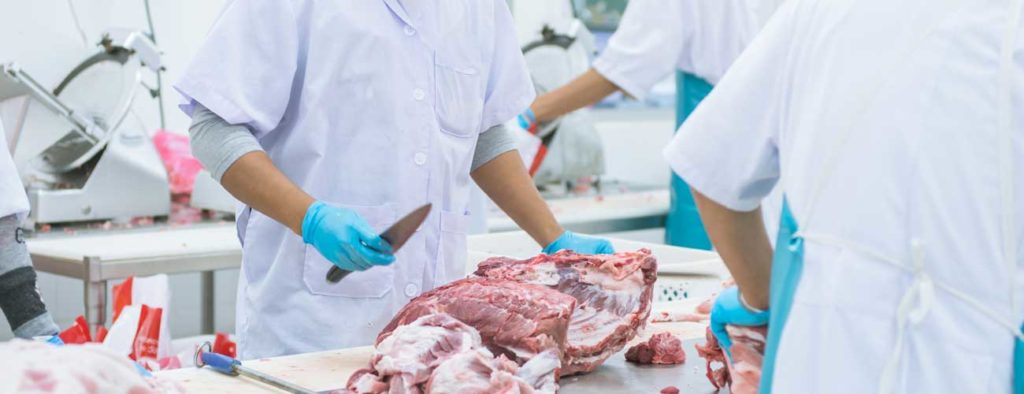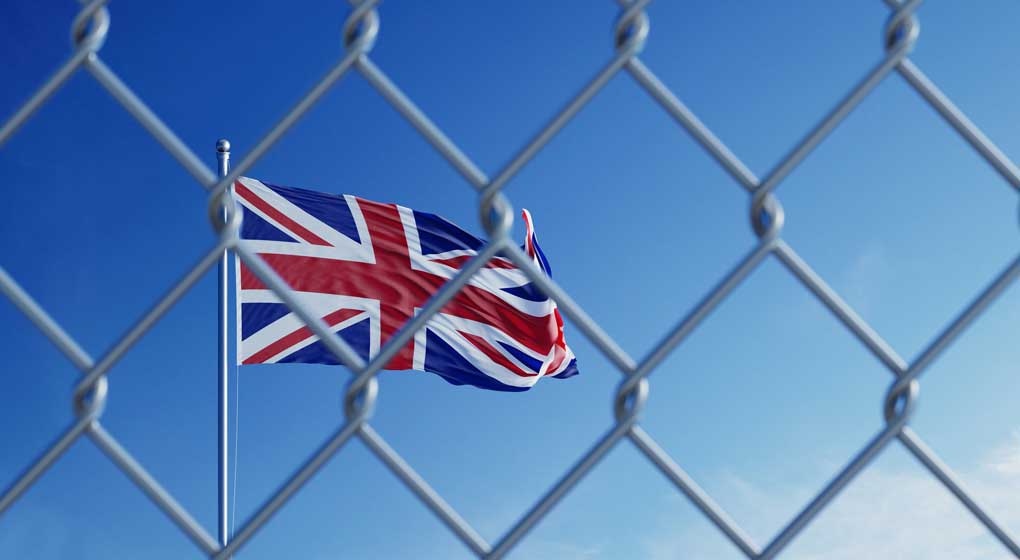Imports & exports
The quality, price and availability of Britain’s food supply are heavily linked with the future of Britain’s meat industry as it plays such a large part in our everyday lives.
If future trade with the EU carries new tariffs after Brexit, there is a risk that the fine balance that exists at the moment could break down.
Imports
British consumers tend to eat a limited range of meat cuts (for example, chops and steaks). When producers process a carcase, they have excess meat, which can’t be sold in the UK market and needs to be exported. However, popular cuts of meat still need to be imported to meet the UK’s needs. Meat processing companies rely on imports for 26% of their supply, with the rest coming from UK farms.
Beef makes up nearly half of all meat imports to the UK with pork accounting for just over a third and lamb around 20 percent. Our largest source of imported meat is the Republic of Ireland, which is home to more cattle than people and is among the top four beef exporters worldwide.
Other top sources of meat products are New Zealand, Germany and the Netherlands but, over the last few years, improvements in meat preservation and transportation methods have seen a rise in products coming from places like Brazil.
Exports
Exports account for about 17% of the UK meat processing industry’s revenue with most coming from customers in France, Republic of Ireland and the Netherlands. China also grew to be an important export market despite its recent economic slowdown in 2015-6. The US beef market is also growing after the UK gained access to it in 2014 and could potentially be very lucrative.
Beef accounts for the largest share of export revenue at 40%, followed closely by lamb and sheep at around 36%, with pork bringing in around 20%. The remaining revenue comes from the sale of other animal products (the less popular meat products that attract a low price here but a much higher price in other countries).
Income received for the cuts of meat eaten by UK consumers does not come close to covering the cost of buying the animal and processing it, which is why a healthy export market for offals and other animal by-products is crucial for our meat processors and enables them to achieve what’s known in the trade as ‘carcase balance’ and therefore profitability.
Getting the balance right
We need a trading regime that ensures fair competition between our domestic producers and importers. Currently we have a good balance between a guaranteed supply of high quality imported product (to provide the choice we are all used to in our supermarkets) and continued access to our most important export markets. It ensures a steady supply and stable prices.
Trade talks with the EU (our biggest export market accounting for 70%, 90% and 95% of pig meat, beef and sheep meat exports respectively) and other countries need to be handled carefully to maintain this balance.
The challenge will be to maintain the level of imports to meet UK demand whilst preventing the market from being flooded with low quality, cheap produce from abroad.
The challenge will be to maintain the level of imports to meet UK demand whilst preventing the market from being flooded with low quality, cheap produce from abroad. In this scenario the ability of British producers to produce food competitively will be undermined, forcing our retailers and food service companies to become overly dependent on cheap imports. The medium to long-term effect of such damage to the UK meat industry would restrict the consumer’s choice and ultimately cause the price and supply of meat to become much more volatile.
The BMPA is working closely with members, the industry and policy makers to ensure we don’t suffer this kind of supply and price shock. You can find all the latest updates in our News Section and sign up for alerts to stay abreast of developments.






